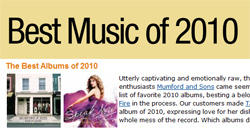Want to Avoid ED Following Prostate Surgery? Find an Experienced, Gentle Surgeon
UCLA study quantifies learning curve for robotic-assisted surgery
Prostate cancer is the most commonly diagnosed non-skin cancer in the U.S., and radical prostatectomy, the surgical removal of the prostate gland, remains the most popular therapeutic option, accounting for half of treatments.
The procedure, however, is not without possible side effects, primarily erectile dysfunction and incontinence. But a good nerve-sparing surgical technique can lessen the likelihood of these undesirable outcomes, as can the skill and experience of the surgeon, according to a new UCLA study that focused on robotic-assisted prostate surgery.
The study findings are published in the June 2012 print edition of the international peer-reviewed journal European Urology. (more…)

